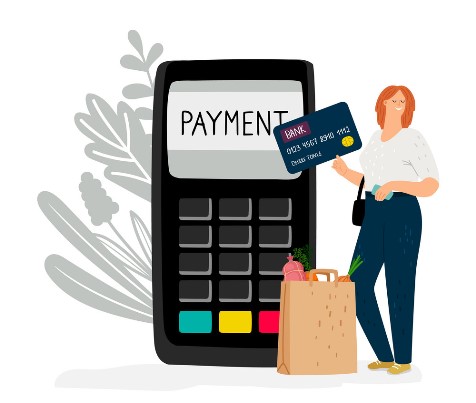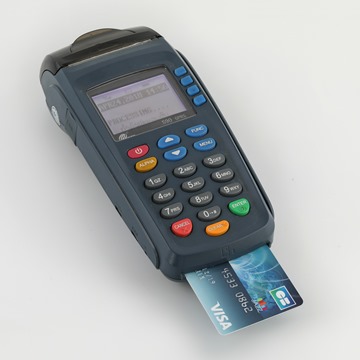Crypto license in Lithuania
Lithuania has a favourable and regulated environment for companies that provide services related to crypto assets. Obtaining a crypto license in Lithuania can be a beneficial option for those who plan to start crypto business in Europe.





